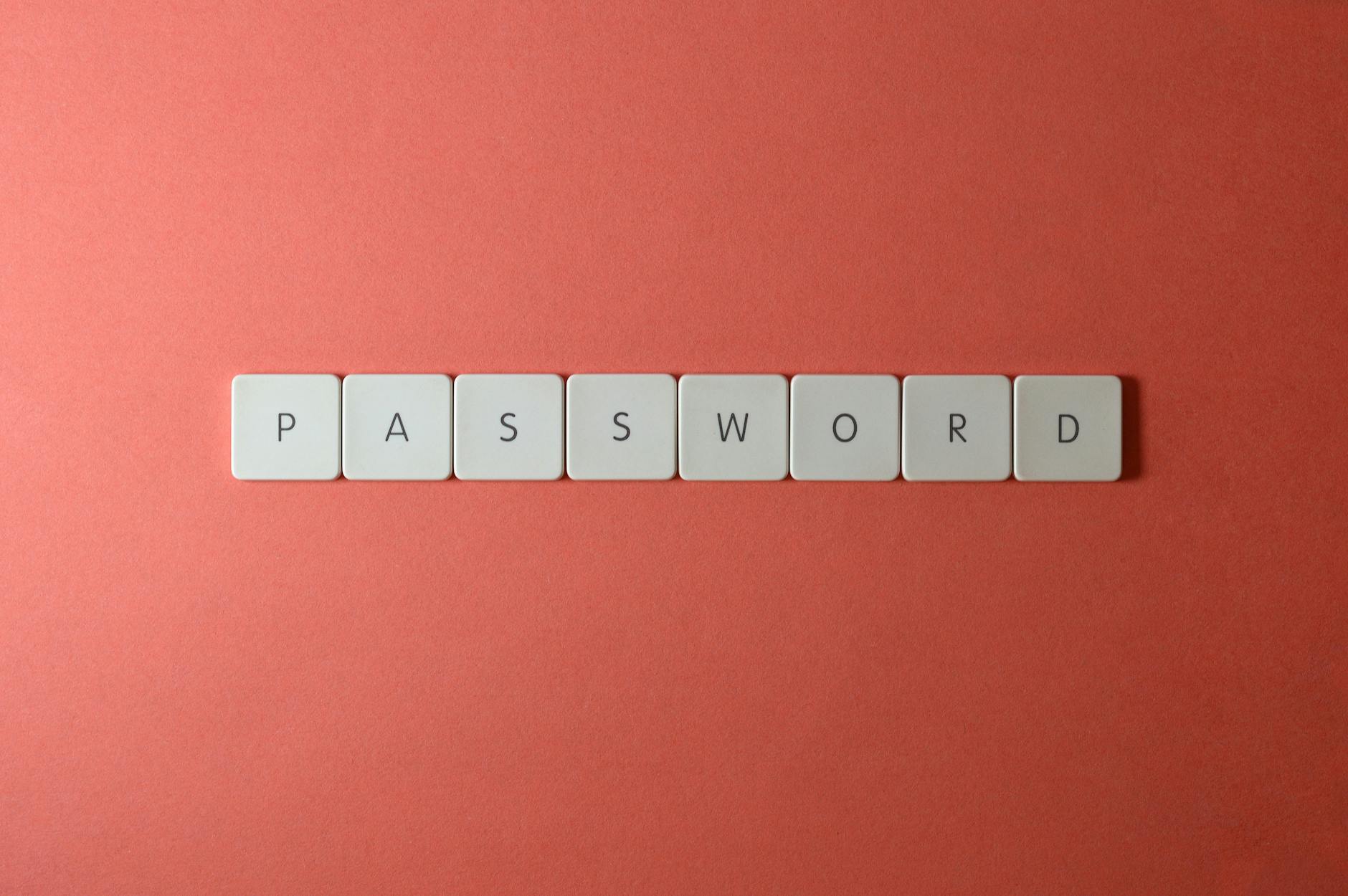In an age where our lives are intricately interwoven with the digital realm, the importance of fortifying our virtual defenses cannot be overstated. At the forefront of this defense lies a simple yet potent shield: the humble password. However, not all passwords are created equal. The advent of sophisticated cyber threats necessitates a paradigm shift towards embracing complexity in our passwords. In this digital era, the mantra of “complexity breeds security” rings truer than ever before.
A password is often the first line of defense against unauthorized access to our personal, financial, and sensitive data. Despite its fundamental role, the practice of creating weak, easily guessable passwords persists, leaving individuals and organizations vulnerable to cyber attacks. The era of using ‘password123’ or ‘qwerty’ as a shield against digital intruders is long gone. Cybercriminals have evolved, employing advanced techniques like brute force attacks, dictionary attacks, and phishing schemes to crack simplistic passwords with alarming ease.
Complex passwords act as a robust barrier against these malicious endeavors. By incorporating a diverse mix of uppercase and lowercase letters, numbers, and special characters, complex passwords create a formidable challenge for would-be hackers. Length is also a critical factor in password strength, as longer passwords exponentially increase the time and effort required to crack them. Embracing complexity in password creation is akin to fortifying the gates of a medieval fortress, deterring all but the most determined adversaries.
Moreover, the ubiquity of password-based authentication across various digital platforms underscores the significance of employing unique and complex passwords for each account. The practice of reusing passwords across multiple accounts, while convenient, exposes individuals to grave risks. A breach of one account can cascade into a domino effect, compromising an individual’s entire digital identity. Complex, unique passwords serve as individual bulwarks, ensuring that the compromise of one account does not spell doom for the entirety of one’s online presence.
In addition to protecting individual users, complex passwords play a pivotal role in safeguarding organizational assets and sensitive information. The staggering rise in cyber attacks targeting businesses underscores the critical importance of robust password policies. Implementing measures such as mandatory password rotations, minimum complexity requirements, and multi-factor authentication (MFA) can bolster an organization’s resilience against cyber threats. Complex passwords serve as the cornerstone of these security protocols, forming an impenetrable barrier against unauthorized access to corporate networks and confidential data.
Furthermore, the advent of cloud computing and remote work arrangements has expanded the attack surface for cybercriminals, making the need for complex passwords more pressing than ever. With employees accessing corporate resources from diverse locations and devices, the risk of unauthorized access escalates exponentially. Complex passwords, coupled with stringent access controls and encryption mechanisms, form the bulwark of a robust cybersecurity posture, shielding organizations from the perils of data breaches and cyber espionage.
However, the onus of fostering a culture of password security does not rest solely on the end-users. Technology companies and service providers bear a shared responsibility in promoting secure password practices. User-friendly interfaces that facilitate the creation of complex passwords, coupled with robust encryption algorithms to safeguard stored credentials, are indispensable components of a holistic approach to cybersecurity. Additionally, the integration of advanced authentication methods such as biometrics and token-based authentication can augment traditional password-based mechanisms, further enhancing security without unduly burdening end-users.
In conclusion, the importance of complex passwords in safeguarding our digital fortresses cannot be overstated. As cyber threats continue to proliferate and evolve, the adoption of robust password practices emerges as an imperative rather than a mere suggestion. Whether it’s protecting personal accounts or fortifying organizational defenses, the adage remains unchanged: complexity breeds security. By embracing complexity in password creation and adhering to best practices in password management, individuals and organizations can fortify their digital defenses and navigate the treacherous waters of cyberspace with confidence. After all, in the ever-escalating battle between defenders and adversaries, a strong password may very well be the difference between victory and defeat.



